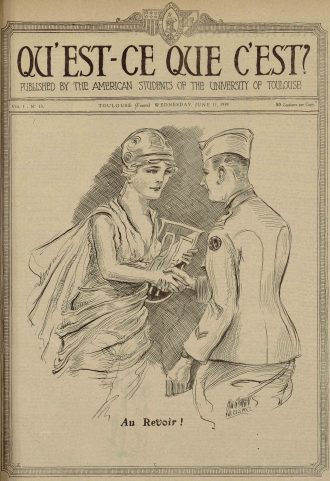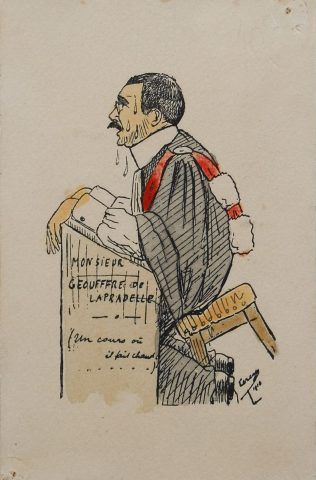In The Sleepwalkers. How Europe went to war in 1914 (Penguin Books, 2013), historian Christopher Clark shows how European statesmen, each caught up in unilaterally rational political and institutional strategies, were collectively drawn into the Great War. Transposing the perspective, one may wonder whether, in determining the causes of the engagement of faculties in the war of law, men were the ones who involved their institutions, or institutions mobilized their men. As the movement ultimately appears largely circular, this part is interested in the involvement of this specific category of the population at war that were law professors and their students (French and foreign, men and women) to reveal the variety of commitments, collective and individual, to the war effort of the nation mobilized ; including the more specific issue of knowing what to do when the institutions of these professors and students could no longer function, as is the case for Belgian faculties.


